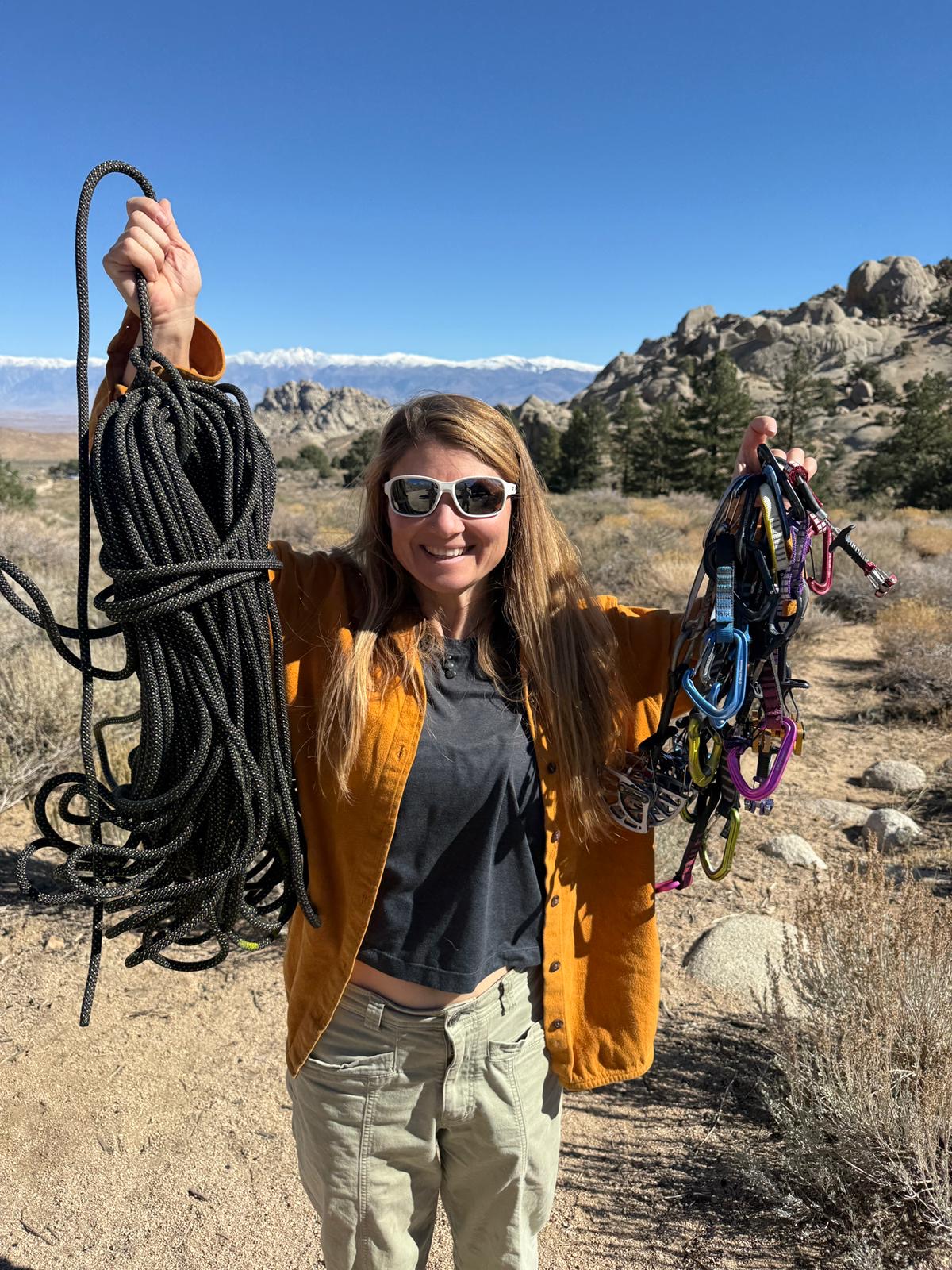These days, the term ‘mindset’ gets used all the time – often incorrectly. In many cases, it’s used interchangeably with ‘psychology’, but mindset has a narrower meaning than this. At its most narrow definition mindset refers to an individual’s set of attitudes. More broadly (and likely more usefully) it refers to an individual’s attitudes, inclinations, beliefs, perspectives, psychological habits and thought processes. It's sort of like a lens or a filter through which you see everything. Mindset is important because it forms the basis of our psychology and influences how we behave, think and feel.
Mindset comes first and everything else follows. This is because mindset can affect anything we might work on in mental training. For example, if you fundamentally believe that some of your physical or psychological traits are fixed then you’ll find it hard to change them or apply yourself to the training process at all. Alternatively, you could get everything else right in your climbing, but if you don’t have a mindset that values hard work and effort, you’ll struggle to apply yourself and develop as a climber.
So what doesn’t come under the umbrella of ‘mindset’ in psychology? Tools such as breathing tools are not considered mindset. Therapies and interventions such as exposure therapy, cold water therapy, and CBT also do not count as ‘mindset’. The term ‘mental training’ is broader than ‘mindset’ and refers to the process of adapting the mind to demands through practice and attention – this often includes changes to your mindset. This is why I prefer the term ‘mental training coach’ rather than ‘mindset’ coach, even though I often coach people around their mindsets.
Psychology can refer to the subject of study or more generally to the mental characteristics of a person or group. Psychology can include feelings, thoughts, mental well-being, and unconscious and conscious mental activity. Psychologists and psychology professors kind of need the term psychology for themselves, which is why we’re stuck with ‘mindset’ and ‘mental training’.
Let’s bring this all together with an example. Someone might come to Strong Mind for mental training around their fear of falling. We might do some 1:1 conversational coaching which is hopefully a positive intervention on its own: you might find that just talking about experiences really helps to feel better about them and think about them differently. Then we might teach them the concepts behind good fall practice including the self-awareness necessary to do this safely and effectively. Through the process of graduated exposure therapy, they will hopefully train their minds to find falling less scary. However, if they are failing to motivate for the practice, or feel very negative about the practice despite getting everything else right, this is a sign that we need to do some work on their mindset. This is often identified in conversational coaching but may also emerge as an underlying problem during the practice, and often means that other areas of their climbing may benefit. This is why mindset comes first and it is so important to have a good understanding of this concept in mental training and in broader discussion.
How do you change your mindset?
In many cases, mindsets do not change overnight but they shift slowly in one direction. People can shift their mindsets in many ways, but first they need to see value in adopting a new mindset. Recognising that a different mindset is another valid perspective and maybe a more helpful way of looking at things is an important step. Next, we need to drive behaviour and thinking patterns in the direction of that mindset.
Let’s use taking responsibility as an example. People who do not have a good mindset when it comes to taking responsibility for their climbing experience behave in certain ways. For example, they might let others choose where they climb and what routes they try. They might blame externalities for why they are not having the best day, like their partner, the weather or the crag. Essentially they are outsourcing their experiences and responsibility for them.
In order to turn this around, they need to recognise that their current mindset is not serving them well and there are more useful ways of looking at things, or more helpful ‘lenses’ to look through. They might also recognise that whilst there are things they can’t control, there are also things they can control, and being accepting of that is part of taking responsibility. A good example of this is that whilst we can’t control the weather, we can control how we respond to it and the decisions we make around it.
In terms of changing behaviour and thinking patterns, making sure that we are part of the decision-making process – reading the guidebook, packing bags etc. – and recognising the things that are within our control can be enough to begin the shift to a better mindset. The things we say often come in the language of our mindset – we might talk in terms of grades and sends, or we might talk in terms of our efforts and process goals, for example. Changing this helps shift our mindsets, as talking in these terms means recognising them, sharing them with our climbing partners and not focusing on factors and metrics that aren’t helpful.
Thanks for reading. If you’ve found this article helpful, you might also like our Taster Course which is a free short course on mental training.
You could also explore these resources to take a closer look at a common mindset shift – growth mindset:
- This 10 minute TED Talk from Carol Dweck is a fantastic introduction to growth mindset
- Further reading - a blog post on growth mindset
- Mindset, Carol Dweck - a link to Carol Dweck's book










